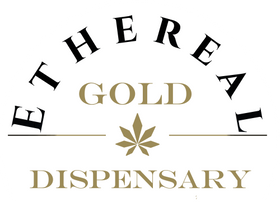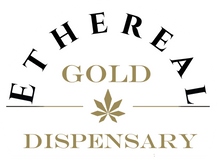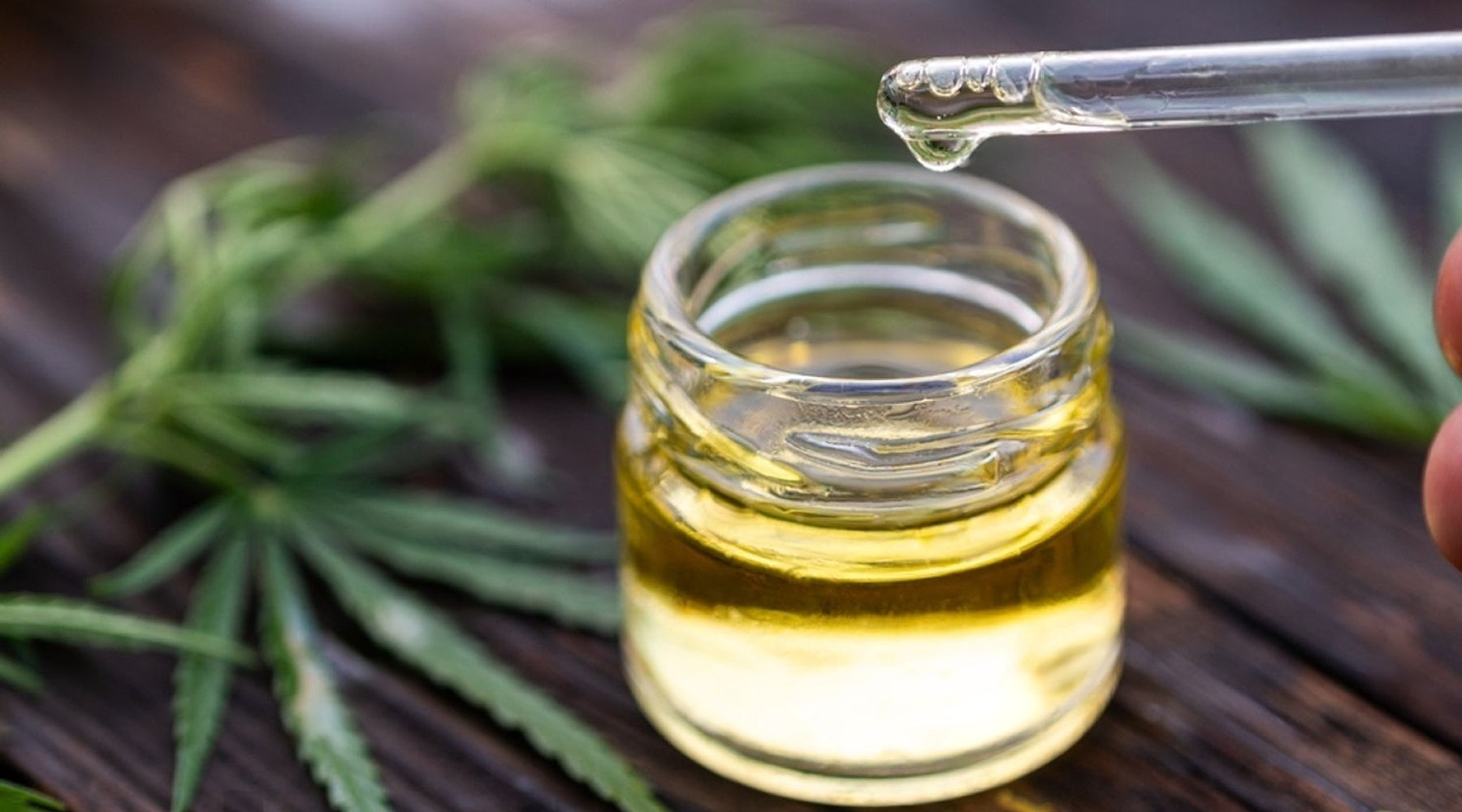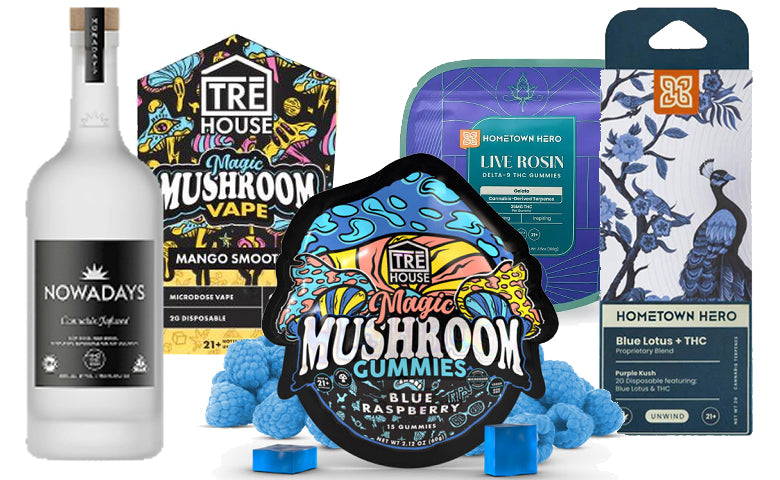When exploring cannabis products — especially if you're new to hemp and cannabis consumption — you might wonder why Delta-9 is specifically referred to as THC. With various forms like Delta-8, Delta-10, and others gaining popularity, understanding why Delta-9 specifically earns the distinction as THC is crucial. Let's dive deep into what exactly Delta-9 THC is, why it's singled out, and how legal definitions play into this understanding.
What Exactly is Delta-9 THC?
Delta-9-tetrahydrocannabinol (commonly abbreviated as Delta-9 THC or, most popularly, referred to as just THC) is the primary psychoactive cannabinoid found abundantly in cannabis plants. Scientifically known as Δ-9-tetrahydrocannabinol, Delta-9 THC is the main component responsible for the psychoactive effects typically associated with cannabis use — often referred to as the "high."
The reason Delta-9 specifically is known simply as "THC" is due to historical context and chemical dominance. It was the first form of THC identified, isolated, and extensively studied, and its psychoactive potency made it the benchmark by which other cannabinoids are measured.
Why Delta-9 THC is Recognized as the Standard THC
Historical Context and Legal Definitions: Historically, Delta-9 THC was the first cannabinoid researchers discovered to have substantial psychoactive effects. Its interaction with the endocannabinoid system was groundbreaking, establishing the baseline understanding for cannabis effects. Due to this early identification and its potent psychoactive effects, Delta-9 THC became synonymous with THC itself.
According to the Drug Enforcement Administration (DEA), marijuana is specifically identified by its Delta-9-tetrahydrocannabinol content. On their official fact sheet, marijuana is explicitly described with Delta-9 THC as its key psychoactive component.
DEA Definition: Marijuana Fact Sheet | DEA
Delta-9 THC in the Eyes of the Law
Legal definitions further reinforce Delta-9 as the standard THC. The Agriculture Improvement Act of 2018, popularly known as the 2018 Farm Bill, clearly defines THC as specifically Delta-9-tetrahydrocannabinol. This legislation notably legalized hemp-derived products containing less than 0.3% Delta-9 THC by dry weight, making it crucial to understand this distinction.
Explore the legal text here: 2018 Farm Bill – Full Text
This bill's definition sets the standard across the hemp and cannabis industries, solidifying Delta-9 as the primary cannabinoid referred to as THC.
How Delta-9 Differs from Other Cannabinoids
Delta-8 THC vs. Delta-9 THC: Delta-8 THC is chemically similar to Delta-9 THC but has a slightly different molecular structure. Delta-8 is less potent, resulting in milder psychoactive effects. It's considered a gentler alternative, typically causing less anxiety and milder euphoria compared to Delta-9 THC.
Delta-10 THC and Beyond: Similarly, Delta-10 THC, though structurally similar, differs significantly in effects, often associated with less intense psychoactive experiences compared to Delta-9 THC. Both Delta-8 and Delta-10 are found in smaller quantities and typically synthesized from hemp-derived CBD.
Delta-9 remains the prominent psychoactive cannabinoid largely due to its abundance in cannabis plants and potent effect profile.

Why Consumers Choose Delta-9 THC
Consumers typically gravitate towards Delta-9 THC for its pronounced psychoactive effects, therapeutic benefits such as pain relief, appetite stimulation, relaxation, and its strong euphoric properties. Its consistency in delivering a reliable, well-studied experience makes Delta-9 THC uniquely favored.
Furthermore, Delta-9 THC's widespread availability in cannabis makes it naturally the primary cannabinoid of choice, enhancing its popularity and visibility compared to other less abundant cannabinoids.
Importance of Understanding Delta-9 THC
Understanding why Delta-9 is THC is not only useful for making informed choices as a consumer, but also essential in navigating legality and compliance. As Delta-9 THC directly aligns with regulatory frameworks, knowing exactly what differentiates it from other cannabinoids helps consumers remain compliant and safe.
By understanding its legal and scientific distinctions, users can navigate products more confidently, ensuring safety, compliance, and optimal usage.
The Bottom Line on Delta-9 THC
Delta-9 THC rightfully earns the title of THC due to its significant psychoactive effects, historical significance, legal definitions, and abundant presence in cannabis. Whether you’re new to cannabis or an experienced user, understanding Delta-9 THC helps you navigate the market safely and effectively.
For high-quality, fully compliant Delta-9 THC products, Ethereal Gold Dispensary provides rigorously tested options, ensuring both safety and effectiveness.
FAQ
What exactly is Delta-9 THC?
Delta-9 THC is the main psychoactive cannabinoid in cannabis responsible for the characteristic “high.” Scientifically known as Δ-9-tetrahydrocannabinol, it's the most abundant THC variant in cannabis.
Why is Delta-9 specifically called THC?
Delta-9 THC earned the title “THC” historically as the first and primary psychoactive cannabinoid identified. It remains the standard definition of THC legally and scientifically.
Is Delta-9 THC the same as THC in legal terms?
Yes, according to the 2018 Farm Bill and DEA definitions, THC explicitly refers to Delta-9-tetrahydrocannabinol.
How does Delta-9 differ from Delta-8 and Delta-10 THC?
Delta-9 THC is more abundant, potent, and psychoactive. Delta-8 and Delta-10 have milder effects and occur in significantly smaller amounts, often synthesized from CBD.
Is Delta-9 THC federally legal in the United States?
Delta-9 THC derived from marijuana is federally illegal; however, hemp-derived Delta-9 THC is federally legal if it contains less than 0.3% by dry weight as defined by the 2018 Farm Bill.







